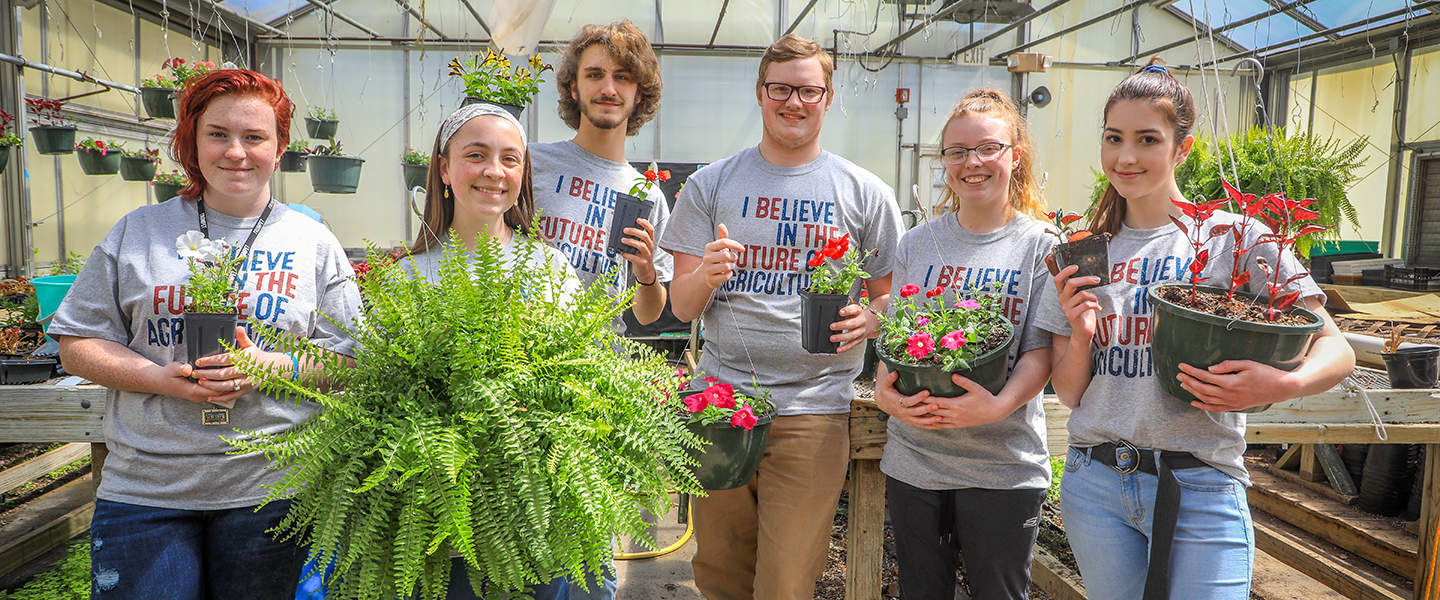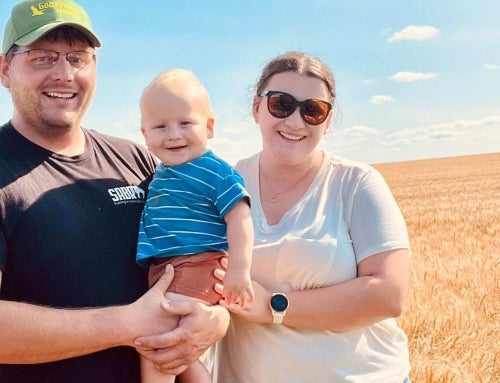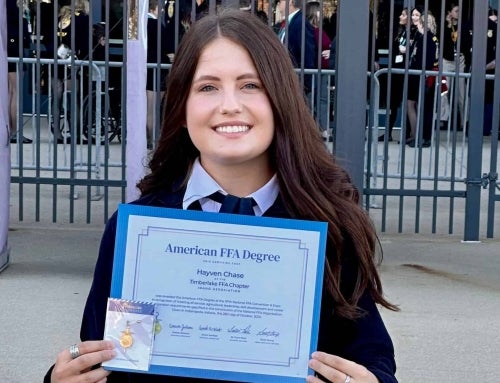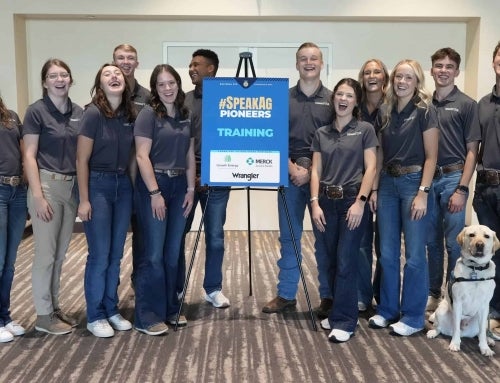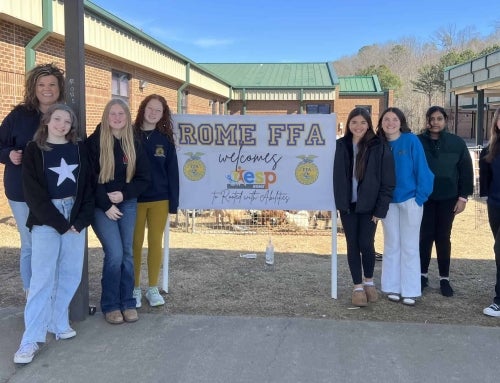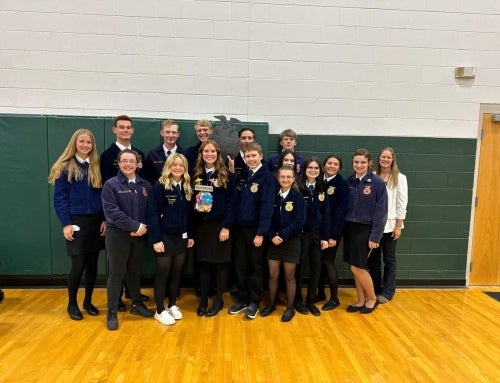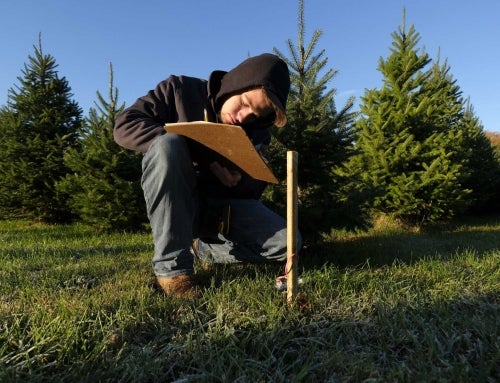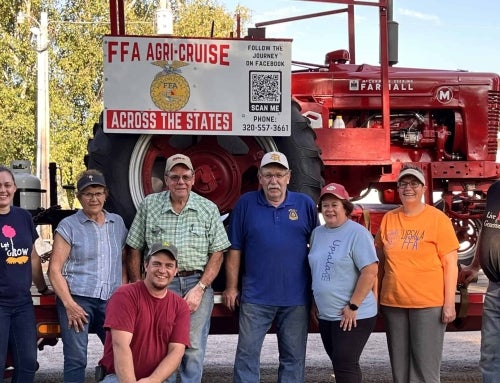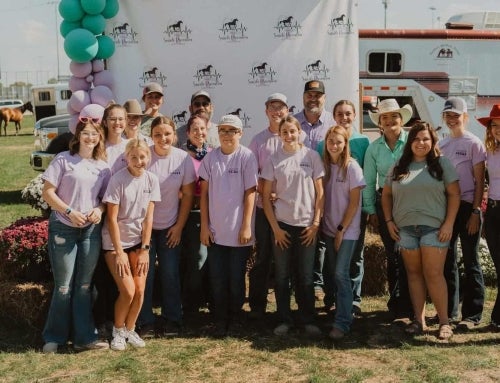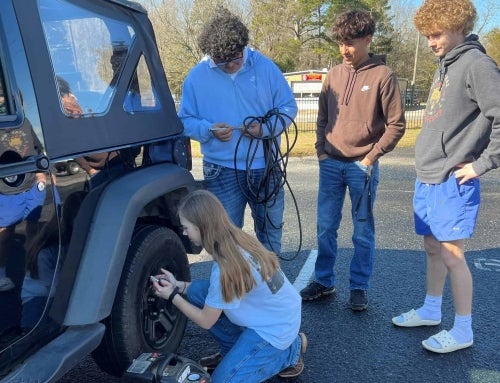Sometimes the most fertile ground for agricultural education is in the middle of the city.
Just ask Kristan Wright, ag teacher and FFA advisor at Seneca High School in Louisville, Ky., home to the only agricultural education program in urban Jefferson County. In her decade at the helm, only one student has come from a farming background.
“The knowledge gap can be a challenge,” she says, “but sometimes that means the students are hungrier to learn, and they get really excited about it.
 “That’s one of the really fun parts of my job: watching students grow in their knowledge and getting excited about stuff they don’t see on a normal basis,” she adds. “I think it’s really important to teach agriculture in urban settings and educate people who are far from the farm. People don’t know where their food comes from… and the connection to ag is getting farther away.”
“That’s one of the really fun parts of my job: watching students grow in their knowledge and getting excited about stuff they don’t see on a normal basis,” she adds. “I think it’s really important to teach agriculture in urban settings and educate people who are far from the farm. People don’t know where their food comes from… and the connection to ag is getting farther away.”
Though Seneca High School is roughly 30 minutes from the closest farm, the urban agriculture program does not lack for exposure. With tracks in plant science/horticulture, environmental science/wildlife and animal science/pre-vet, the department houses a chicken coop, a host of small animals, a greenhouse and an aquaculture lab. The students take a number of field trips, including to a local dairy farm-turned-creamery and to Wright’s own family farm and hog operation.
Wright and her teaching team – which includes Bethany Mattingly and Chelsea Bowen – also place a big emphasis on supervised agriculture experience (SAE) programs to expose students to different disciplines within urban agriculture settings.
“We want them to know where it can take them,” says Wright. “We show them a lot of examples, and our officers tell freshmen what they’re doing so the students can see, ‘OK, this is feasible. I just have to figure out what I want to do.’”
The SAEs run the gamut: Some raise chickens and grow gardens, while others volunteer at the zoo, a local pet store or the minor-league baseball stadium, opportunities unique to an urban agriculture program. Another student is making hemp bracelets and donating the proceeds to the humane society.
In a “normal year,” the chapter also hosts 10 to 15 community outreach programs like a petting zoo for elementary students and a dog-and-cat blood drive with the Jefferson County Animal Hospital. These hands-on experiences for current students double as recruitment tools for future ones. As a magnet program, Seneca Urban Ag can enroll any interested students across the county. The only requirement is to apply during eighth grade. The urban agriculture program currently serves about 240 students, a jump from roughly 180 in 2019-20.
“The growth has been tremendous,” both in interest and understanding, Wright says.

